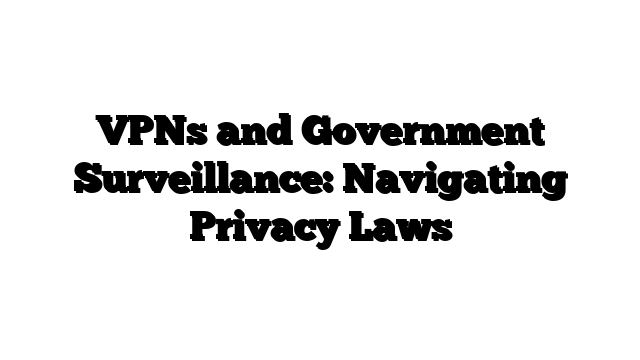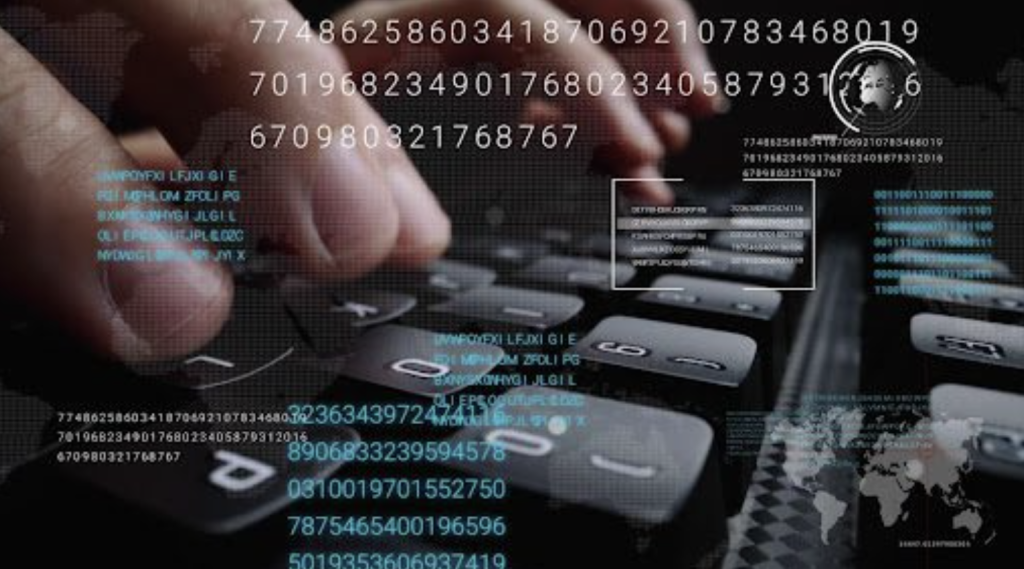With the growth of digitalization and the increase in online activity, states are increasingly paying attention to control over Internet connections and information exchange. In this environment, the use of virtual private networks (VPNs) has become an increasingly popular means of ensuring privacy and security of online data transmission. However, there is a fine line between privacy and government surveillance, and understanding the law can be key to using a VPN correctly.
Legislative environment
Data Privacy Laws
Many countries have laws and regulations that protect user privacy online. For example, the European Union has the General Data Protection Regulation (GDPR), which requires strict rules regarding the collection, processing and storage of personal data. In the United States, there are a number of laws, such as the Health Insurance Privacy Act (HIPAA) and the Children’s Online Privacy Protection Act (COPPA), that regulate the use and protection of personal data.
Internet Activity Monitoring Laws
Some countries also have laws that allow governments to monitor the Internet activity of their citizens. For example, in China there is the Great Firewall of China, which filters and blocks access to certain sites and services on the Internet. Russia adopted the Law “On the Sovereign Internet,” which provides for the creation of a national system for filtering and monitoring Internet traffic.
Impact on VPN usage
Prohibitions and restrictions
Some countries have restrictions on the use of VPNs, especially if they could interfere with government monitoring of Internet activity. For example, China has introduced bans on the use of VPNs without special permission, and in Russia VPN providers are required to cooperate with government agencies and store user activity data for a certain period of time.
Privacy protection
However, in countries with tight internet controls, using a VPN may be the only way to ensure your online connection is private and secure. VPN https://hide.expert/en allow you to bypass geographical restrictions, protect personal data from interception and ensure anonymity when exchanging information.
How to choose the right VPN?
When choosing a VPN, it is important to consider its privacy policy and the jurisdiction in which it is registered. Pay attention to how your VPN provider handles your personal data and what measures it takes to protect user privacy open link to learn more.
Also pay attention to the technical specifications of the VPN, such as encryption methods, security protocols, and connection speed. Provider vpn hide will ensure a high level of security and reliability of your Internet connection.
Conclusion
VPNs are a powerful tool for maintaining privacy and security in the online environment, especially in countries with tight internet controls. However, when using a VPN, it is important to comply with the laws and regulations of your country and be aware of possible restrictions on the use of such services. Carefully review the VPN provider’s privacy policy and specifications to choose the right service for your needs and security requirements.
James Martin is a passionate writer and the founder of OnTimeMagazines & EastLifePro. He loves to write principally about technology trends. He loves to share his opinion on what’s happening in tech around the world.


